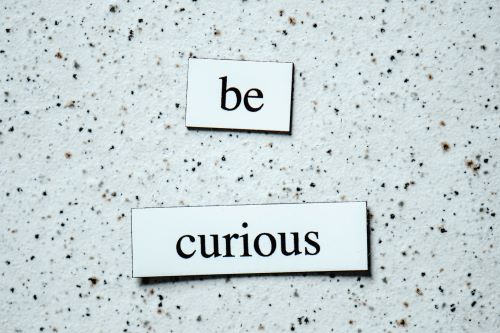
December 12, 2022
By: Dr. Amber Labow, Clinical Psychologist
“It’s your fault… no, it’s your fault… no, it’s your fault…” Does this blame game sound familiar? Or what about denying accountability for doing something that you knew was your fault? Or, how about blaming just yourself for a bad grade on a group project? These are some common examples of finger pointing and denial and, in both cases, shifting of blame.
Let’s start by defining blame. According to the Oxford dictionary, blame is to “assign responsibility for a fault or a wrong”. Human beings have a fundamental tendency to blame ourselves. We can blame ourselves for things that are in our control. For example, leaving enough time to travel to an appointment, saying hurtful things to someone, not studying for an exam, forgetting a deadline or breaking a commitment. If you have mastered the ability to take ownership of your thoughts, emotions, and behaviors – incredible, these are important skills that a lot of us find challenging! But how do you cope with knowing you did something wrong? Do you take accountability by blaming yourself or avoid taking accountability by blaming others? We have to be careful here – because even in moments when we recognize the accountability is ours, we might still ruminate on what we did because it is anxiety-provoking. While we might believe rumination is productive, it actually only increases attention to negative thoughts without coming up with any concrete actions that would allow for a resolution.
We also have a tendency to blame ourselves for things that are completely outside of our control. For example, a conflict between other people, economic policies, or the emotional responses of a loved one. It is very common to engage in self-blame even when situations are not our responsibility. This might originate from childhood experiences, where we might have been encouraged to take on responsibilities largely outside of our capabilities and our roles. Patterns of repeated self-blame can be self-destructive, self-deprecating, and have a significant impact on our self-esteem. It highlights our inadequacies over and over… and over again. Although, it is possible we believe there can be comfort in self-blame because it tricks us into believing we have greater control over situations and even ourselves, this is unfortunately not the case. This false sense of control can become quite paralyzing. Self-blame can lead to increased anxiety, shame, worthlessness and low mood. Self-blame can also reinforce beliefs that you might have about yourself like “I’m a bad person”, “I have no value”, or “everything is my fault”.
While differentiating between blaming yourself for situations inside and outside of your control appears quite different on paper, where do we draw the line of responsibility? Hard to know right?!
Human beings also tend to blame others. Holding ourselves accountable for our thoughts, behaviours, and emotions in a meaningful way makes us vulnerable, which is really challenging and scary. It is no easy feat admitting to our mistakes or our shortcomings. Plus, when we do, this is also often accompanied by a bunch of unwanted emotions, like fear, shame, worthlessness, anxiety, low mood. So what happens instead – we adopt a defensive strategy and shift responsibility onto external sources. For example, we might blame a friend, a family member, or OUR THERAPIST, etc. By shifting blame onto others, we might think that we get to avoid feelings of guilt or upset however that is often not the case. We still experience these emotions because we know on some level that we responded by blaming someone or something else even if we do not admit out loud that we hurt someone else’s feelings, or were late for work because we snoozed our alarm, or we missed that important therapy appointment. Blaming others does not increase our self-esteem, like one might assume, because it involves missing opportunities to learn how to react or address situations differently, which does increase our self-esteem. We also want to start asking – What impact does this have on your life? Does blaming others get in the way of some of your friendships? Does blaming every problem on your partner cause conflict? Do you think repeatedly using blame would facilitate conflict resolution or lead to resentment and anger?
Cognitive distortions. What is that and why bring that up here anyways? Cognitive distortions are thought shortcuts our brain uses (often without our awareness) that influence our perception of ourselves, others, and the world. Identifying whether or not our thoughts are clouded by these unhelpful and inaccurate shortcuts is crucial given that our perception plays a fundamental role on our emotions and our behavior. That being said, blame and self-blame are both considered very common cognitive distortions. Let that sink in for a second…
SO, now you might be wondering.. how do we move away from blame culture?
Gurdal, M. Y., Miller, J. B., & Rustichini, A. (2013). Why blame?. Journal of Political Economy, 121(6), 1205-1247.
Holden R. J. (2009). People or systems? To blame is human. The fix is to engineer. Professional safety, 54(12), 34–41.
Portmore, D. W. (2022). A comprehensive account of blame: Self-blame, non-moral blame, and blame for the non-voluntary.